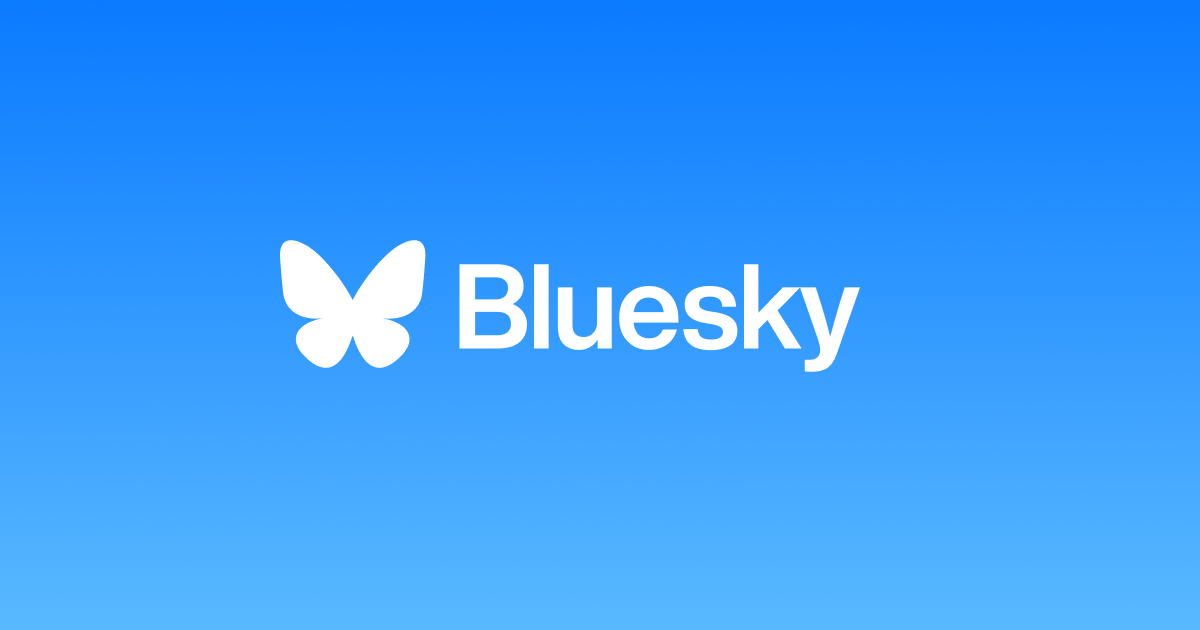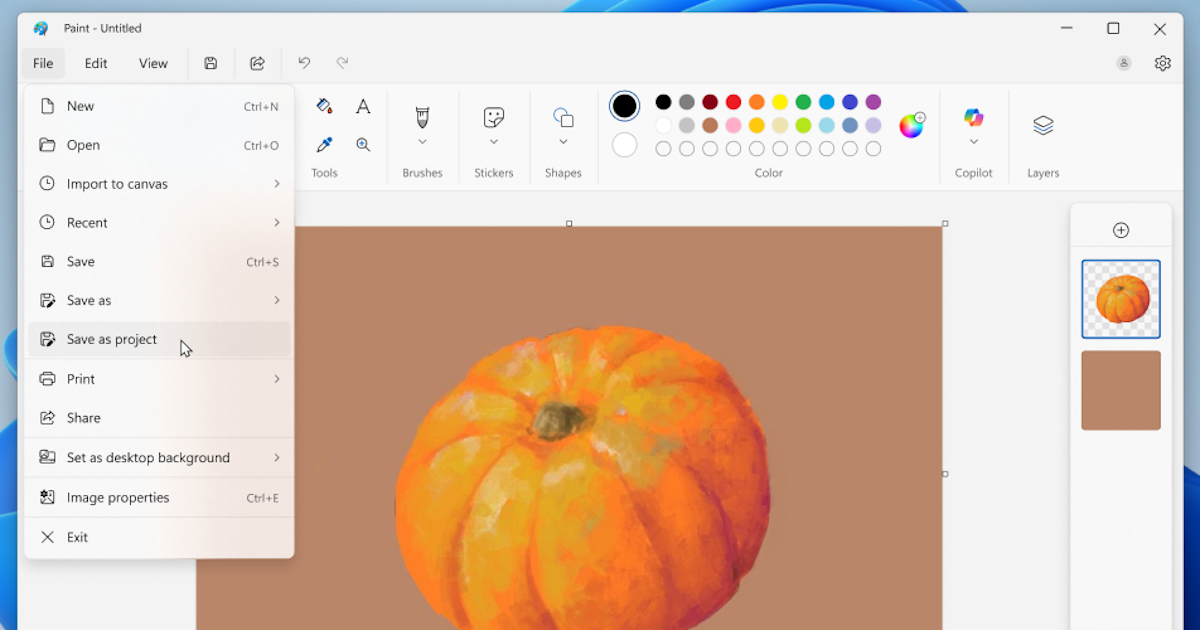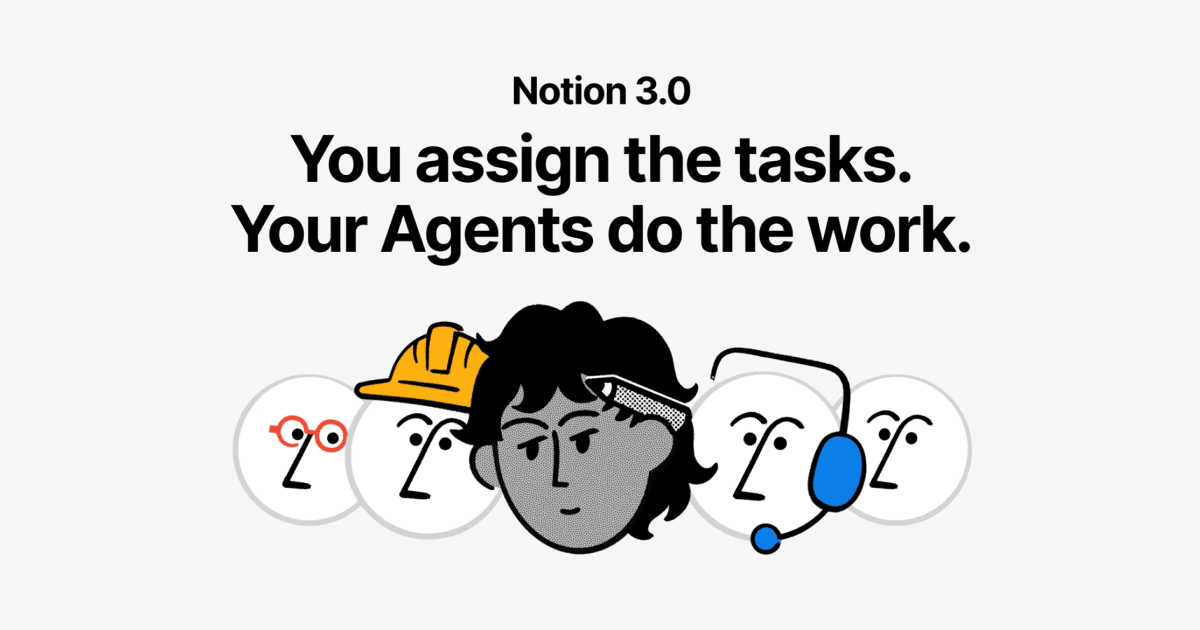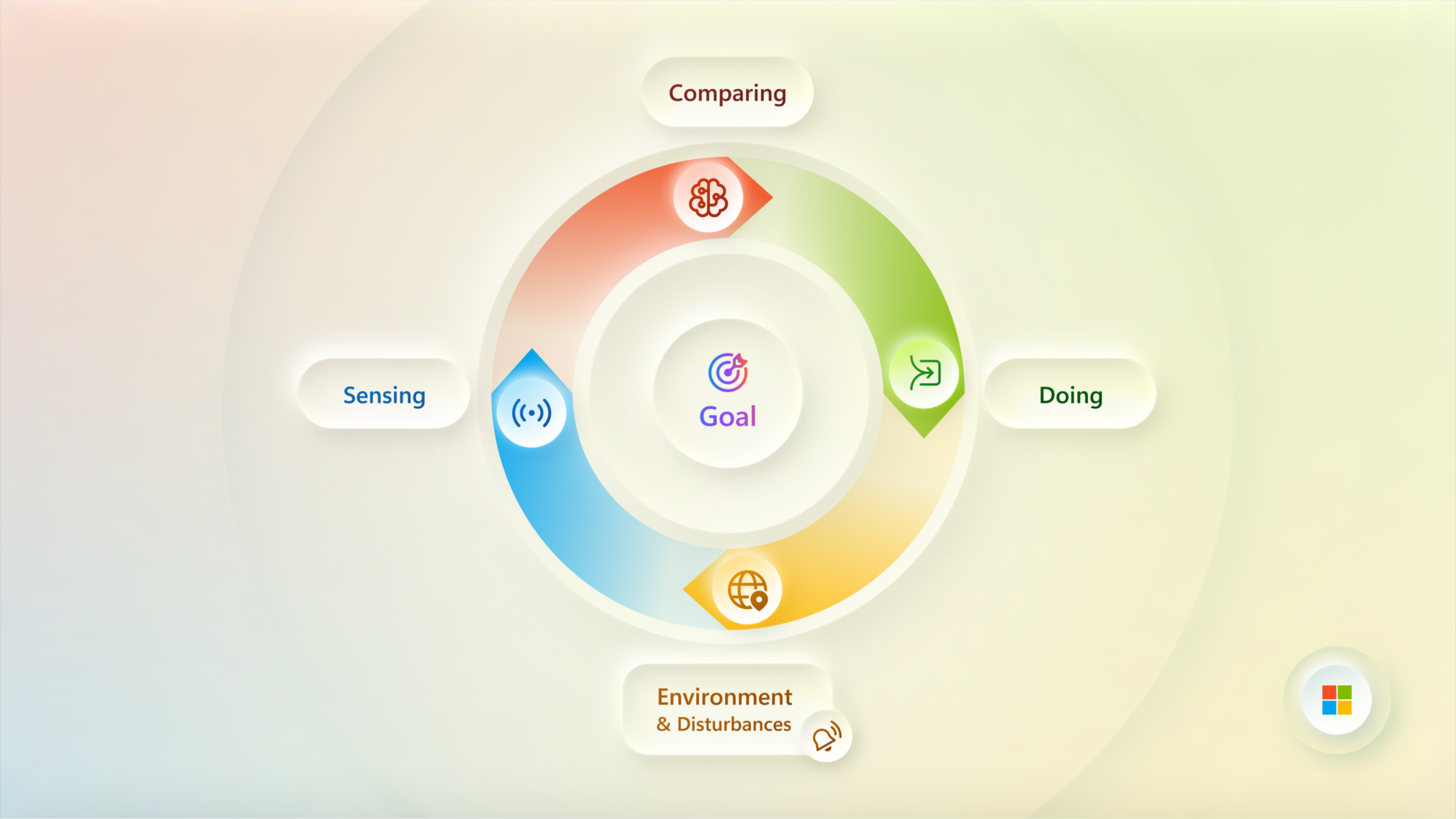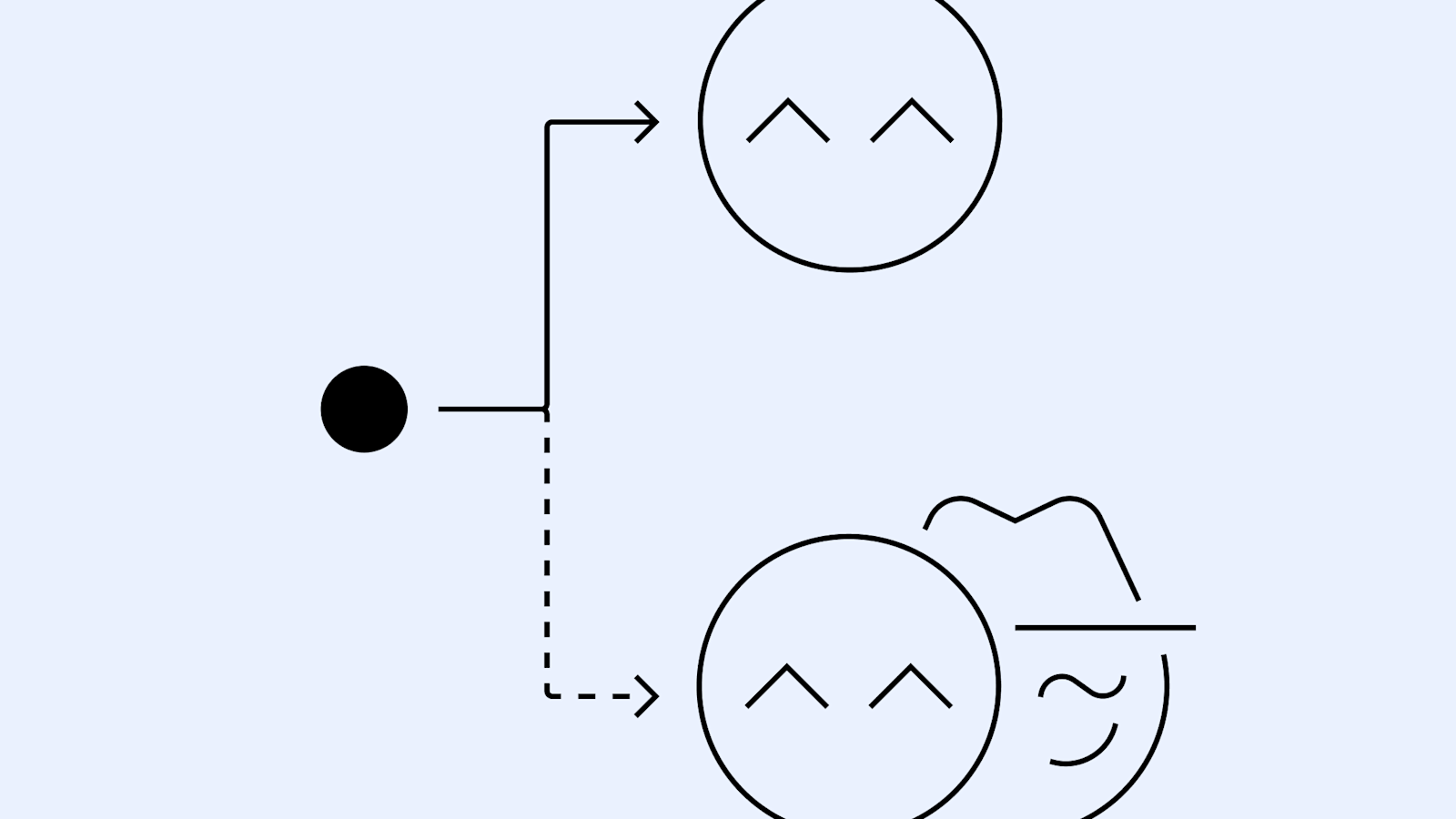- Product & Design Pulse
- Posts
- Product & Design Pulse v58
Product & Design Pulse v58
Meta Connect and New Tech Partnerships
Welcome to this week’s edition of Product & Design Pulse, where we explore the latest in tech, product, design, and innovation! Security researchers revealed a Gmail-linked vulnerability in ChatGPT’s Deep Research agent, while NVIDIA and Intel struck a major partnership to fuse their strengths in AI infrastructure. Reddit is eyeing new licensing deals with Google and OpenAI, Pew Research highlighted Americans’ mixed feelings about AI’s societal impact, and OpenAI shared new insights into how people actually use ChatGPT. Meanwhile, China escalated chip tensions by banning major tech firms from buying Nvidia’s latest processors, underscoring just how geopolitical the semiconductor race has become. Rounding it out, Meta Connect 2025 showcased the latest in AR, AI, and smart glasses—pushing forward its vision of the metaverse.
🎧 Audio Overview [BETA]
For those who don’t have time to read 😁 |
Last week…
China Bans Tech Companies from Buying Nvidia’s AI Chips
China’s government has barred its major tech firms from purchasing certain advanced Nvidia AI chips, including its H20 model, raising the regulatory bar for foreign hardware importation. The move reflects growing concerns in Beijing over reliance on foreign AI infrastructure and hardware, especially as geopolitical tensions around semiconductors heat up. Consequently, companies in China must now justify procurement of these chips, and Nvidia’s sales strategy in China faces increasing headwinds due to this tightening oversight.
ChatGPT Tricked into Leaking Gmail Data
Security researchers uncovered a “zero-click” vulnerability called ShadowLeak in OpenAI’s Deep Research agent that could allow a single malicious email to exfiltrate sensitive Gmail inbox data without any visible user action. Because the leak happens on the service side (in OpenAI’s infrastructure), local device or enterprise defenses may not detect or block it. The incident raises serious questions about agent safety, privacy, and how much risk users incur when integrating AI agents with their personal email.
NVIDIA & Intel Forge AI Infrastructure Partnership
NVIDIA and Intel announced a collaboration to jointly build multiple generations of custom data-center and PC products, with tighter integration between NVIDIA’s accelerated computing and Intel’s CPUs and x86 ecosystem. The companies plan to use NVLink and other bridging technologies to enable faster communication across their architectures, aiming to improve performance for both enterprise AI workloads and consumer computing. This investment signals confidence in infrastructure demand and reflects a strategy of combining ASIC/accelerator strength (from NVIDIA) with CPU flexibility (from Intel).
Reddit Seeks Next AI Content Pact with Google / OpenAI
Reddit is negotiating new licensing deals with Google (and possibly OpenAI) to more deeply integrate Reddit content into AI products and to secure greater value than in its previous deals. Instead of strictly transactional payments, Reddit is pushing for partnerships that encourage user engagement (i.e., more content contributors) and dynamic pricing tied to how its content is used. The move illustrates how platforms see AI training data not just as a cost or legal liability, but as an asset that can be leveraged in long-term strategic deals.
How Americans View AI and Its Impact on People and Society (Pew Research)
A majority of Americans report more concern than excitement about AI’s growing presence in daily life, especially its potential to erode human creativity, relationships, and other deeply personal capacities. While many support and trust AI in data-driven domains (like medicine or weather forecasting), they draw sharp lines around having AI involved in personal or moral realms—religion, matchmaking, and things of the heart. Also, most want greater transparency (ability to identify AI content) and more personal control over how and where AI is used in their lives.
How People Are Using ChatGPT (OpenAI Study)
OpenAI’s recent study (in collaboration with the NBER) shows that nearly 80% of ChatGPT conversations fall into three categories: practical guidance (things like how-to’s), seeking information, and writing help. Writing is the most common among work-related tasks, while more specialized uses—like coding or purely creative expression—remain much smaller slices of the total use. The data comes from over 1.5 million messages from hundreds of thousands of users over a year, underlining how ChatGPT has become more a utility for everyday lifecycle tasks than niche experimentation.

